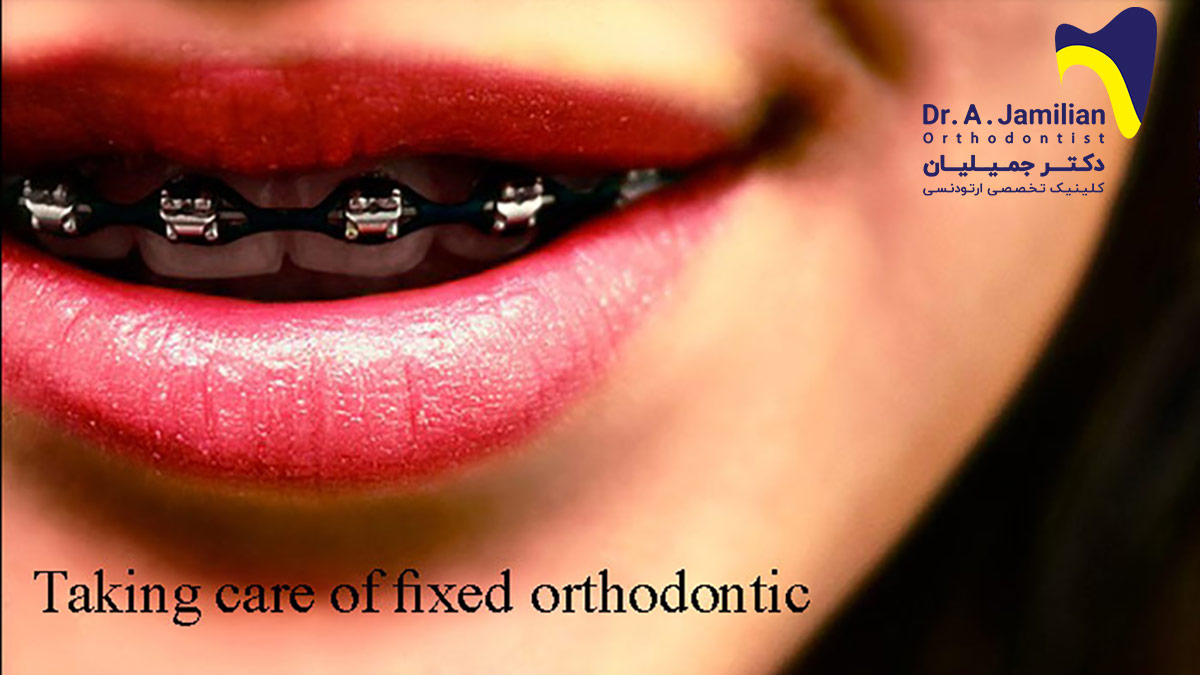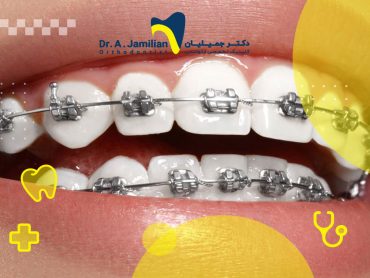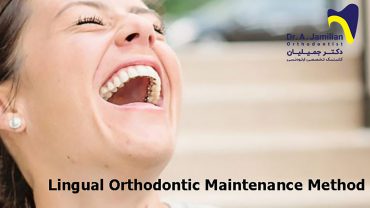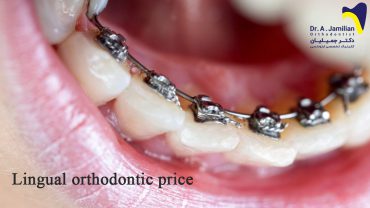Fixed orthodontics is one of the most widely used treatments for maintaining oral health. Many people, especially children, have to undergo fixed orthodontics to treat their malocclusions. Everyone knows the benefits of fixed orthodontics for a beautiful smile. Better and more careful care for fixed orthodontic appliances during the treatment can shorten the duration of treatment and prevent possible problems in the future. Patients should carefully and thoroughly observe the important points recommended by their orthodontists during the treatment.
Tooth brushing during fixed orthodontics
If you formerly used to pay less attention to your oral health, it is time to maintain good oral hygiene to protect your fixed orthodontic appliances. It is highly important to maintain good oral and periodontal health for those undergoing a fixed orthodontic treatment. Poor oral hygiene during the treatment can exacerbate any dental or periodontal problem. Patients with a fixed orthodontic appliance in their mouths should regularly brush their teeth very gently for a longer time to prevent possible damages to the orthodontic archwires and brackets.
Such patients are recommended to brush their teeth after each meal because food particles are more likely to get stuck between the components of the orthodontic appliance causing dental plaques. It is recommended to use a toothbrush with soft bristles and fluoride toothpaste. Flossing can also be good for removing food particles without applying extra pressure to archwires or brackets.
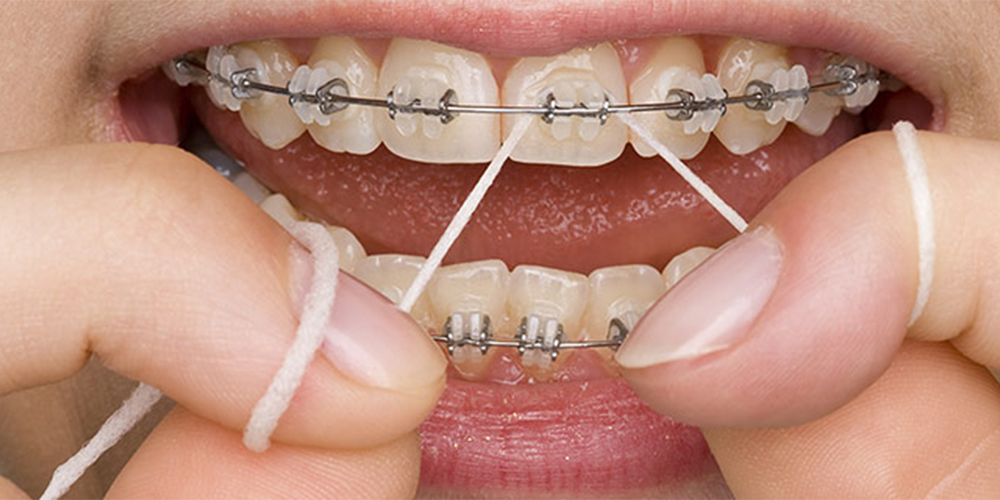
Avoid eating some foods during fixed orthodontic treatment
Your orthodontist will provide you with a list of foods that you should avoid when using a fixed orthodontic appliance. Based on a general rule, patients undergoing fixed orthodontics should avoid fatty or hard foods and any food requiring intense chewing. Such patients are also recommended to avoid sticky foods like caramel or candy as they may get stuck between the orthodontic appliances. Some foods, such as popcorn, may change the position of brackets when they are chewed causing many problems.
Another important point about care for fixed orthodontics is that you should care about everything you put in your mouth. Biting nails or the head of a pen is a bad habit that you should seriously avoid during treatment by fixed orthodontics. Similar habits can also be problematic. You should also be very careful about any hard object in your food. The desired therapeutic result can be achieved in a shorter time by carefully observing all these points.
Taking care of fixed orthodontic brackets
The use of fixed orthodontic appliances is not a barrier to playing or exercising, but you have to take special care of your mouth and teeth. Unlike normal conditions, a simple blow to your face may damage your brackets or even your gums and teeth. Such patients are usually recommended to use a faceguard or a mouth guard to protect their upper and lower teeth. You can also ask your orthodontist to design and fabricate a special guard to protect your teeth safely and completely.
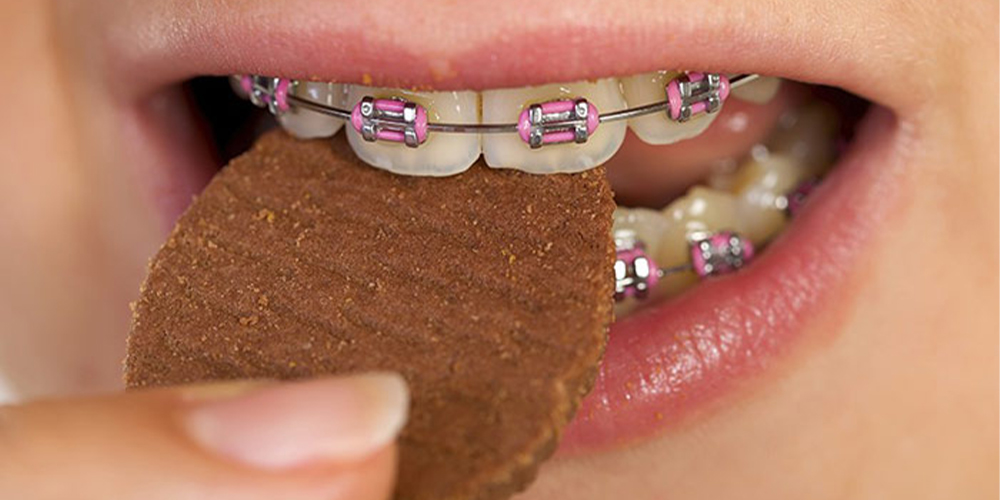
Fixed orthodontics troubleshooting
Troubleshooting is an important part of fixed orthodontics. Even if you take good care of your fixed orthodontic appliances, some of them may break or loosen. You may have different reactions to such problems. Some problems may be simply solved by tooth brushing, whereas some others are so serious that the patient should visit an orthodontist. However, patients need to check their orthodontic appliances several times a day to detect any possible defect or problem. If a bracket or archwire loosens or comes out of place as a result of a blow when exercising or playing, you should refer to your orthodontist as soon as possible.
In general, you should care about your oral health and hygiene when you are using a fixed orthodontic appliance. Although it would be difficult and time-consuming to do so, having a beautiful and attractive smile is worth going through a long and maybe difficult period of treatment and care.
